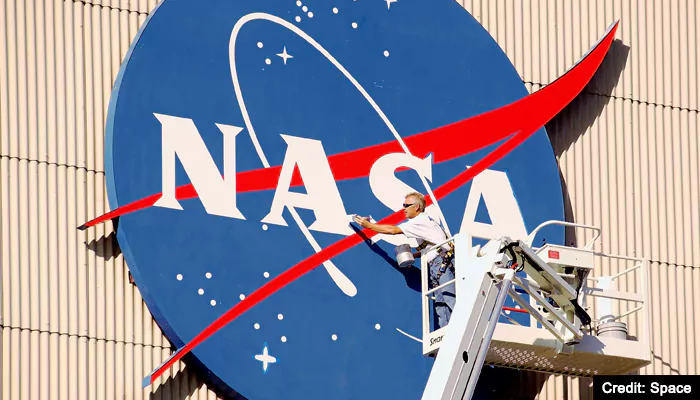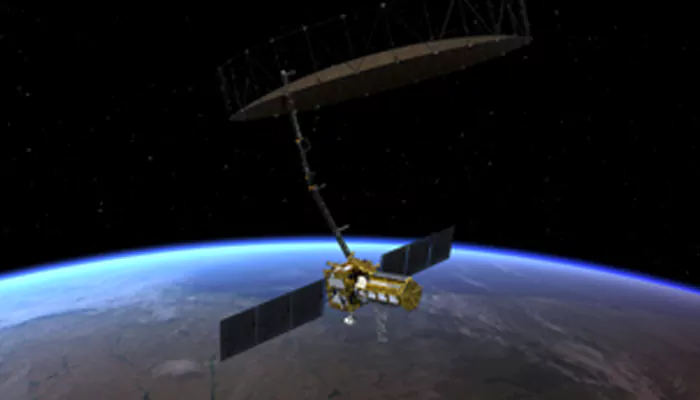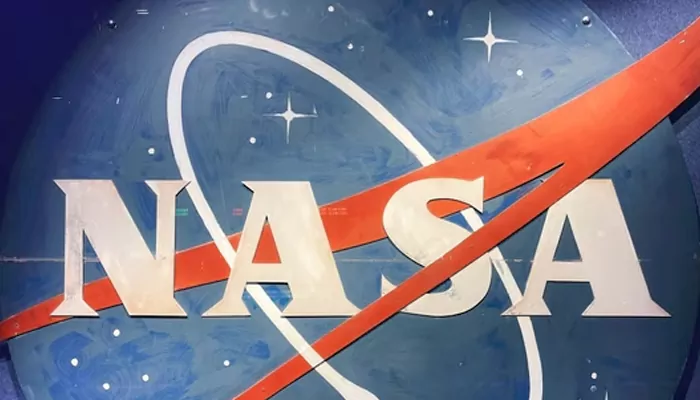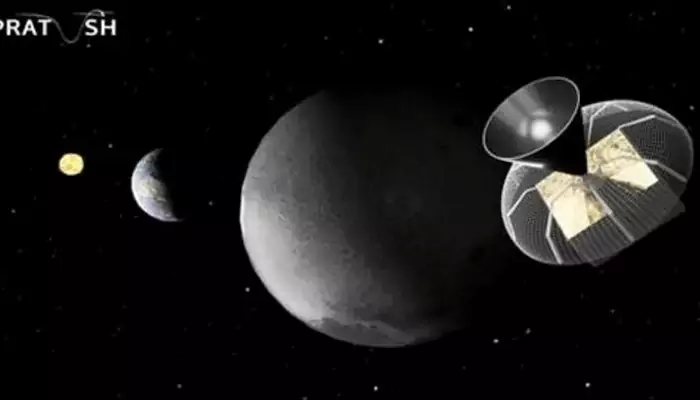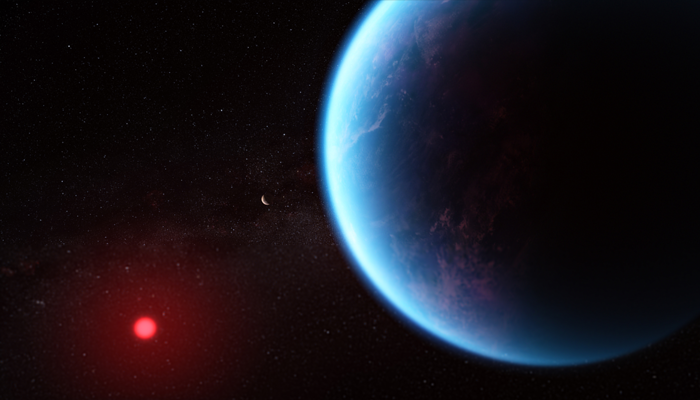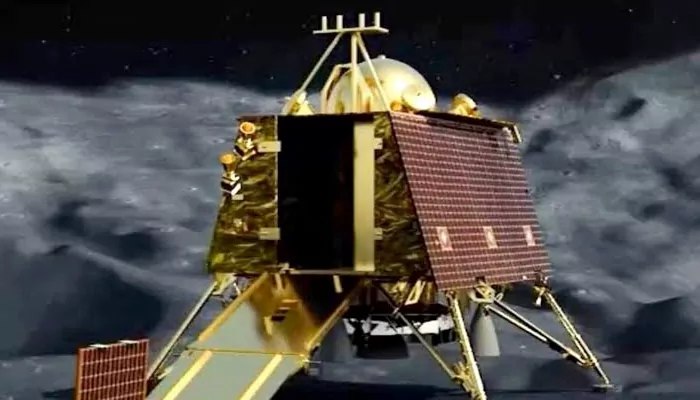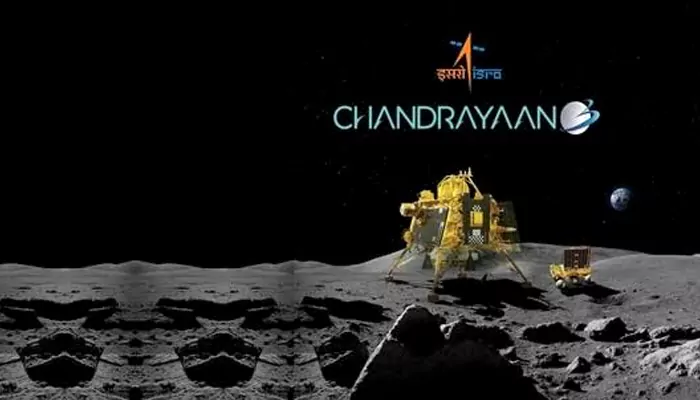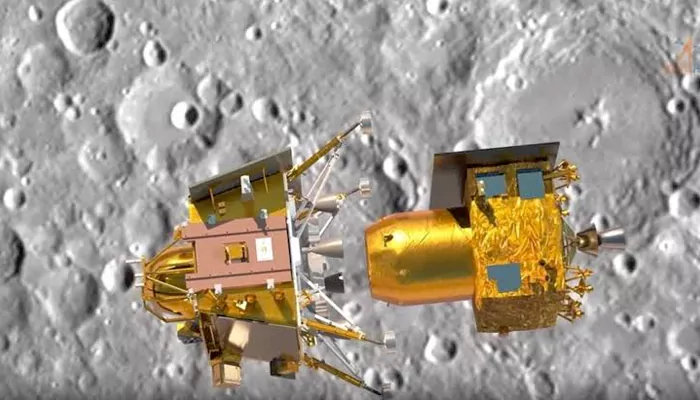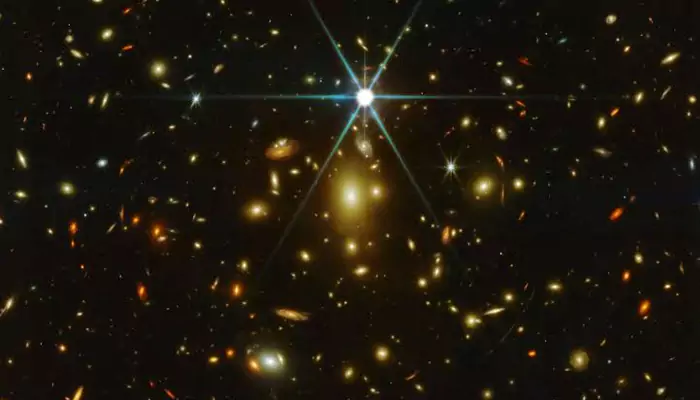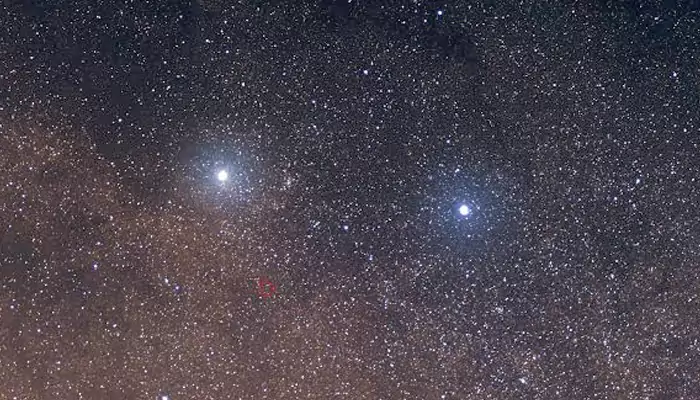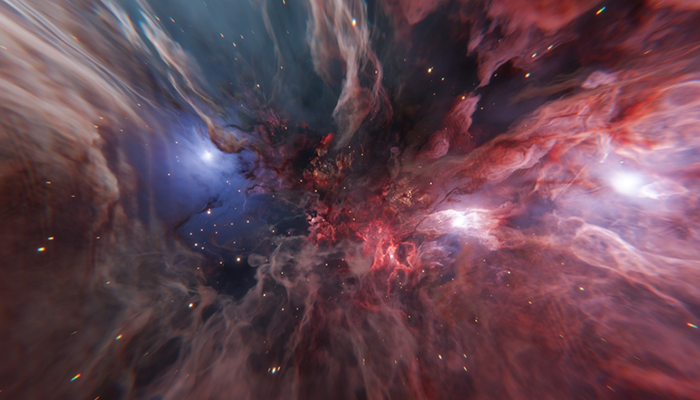
Here are today’s most important updates from the realm of Science and Space.
NASA’s Parker Solar Probe makes history with closest-ever approach to the Sun
NASA, the United States space agency, has confirmed its Parker Solar Probe has made its closest approach to the Sun ever recorded by a human-made object. It was said to pass just 6.1 million kilometres (3.8 million miles) above the Sun’s surface on December 24, according to the National Aeronautics and Space Administration (NASA). The agency asserted that the probe flew into the Sun’s outer atmosphere “at a blazing 430,000 miles per hour [692km/h] — faster than any human-made object has ever moved”. Now scientists hope that the probe, which was launched in 2018, will aid them in learning more about Earth’s closest star.
Scientists develop AI model named MovieNet that mimics human brain function

Scientists at Scripps Research have reportedly developed an artificial intelligence (AI) model named MovieNet, and it can understand moving images just like the human brain. The innovative AI processes videos much like how our brains comprehend real-life scenes. The brain-inspired AI model, which has been detailed in a study published in the Proceedings of the National Academy of Sciences, uses machine-learning models to understand complex, changing scenes.
All you need to know about Kessler Syndrome – the rising danger of space debris

Do you know that space is on the verge of a catastrophic event known as Kessler Syndrome? Well, since the space is now full of spent rockets, defunct satellites, and other space trash, it has turned into a cosmic junkyard which can have increasing chances of a catastrophic debris collision. As per Kessler Syndrome, proposed by NASA scientist Donald Kessler, a chain reaction where collisions between space debris generate more fragments can further lead to collisions, known as "collisional cascading”.
Four eclipses in 2025 but only one will be visible in India, says Ujjain observatory

2025 will witness two solar and two lunar eclipses, though only one of them will be visible in India, said an official from the Ujjain-based Jiwaji Observatory. According to Dr Rajendra Prakash Gupt, superintendent of the observatory, the series of eclipses will start with a total lunar eclipse on March 14. “It will not be visible in India because this astronomical event will occur during daytime in the country,” he asserted, adding that there will be a partial solar eclipse on March 29 and once again.

